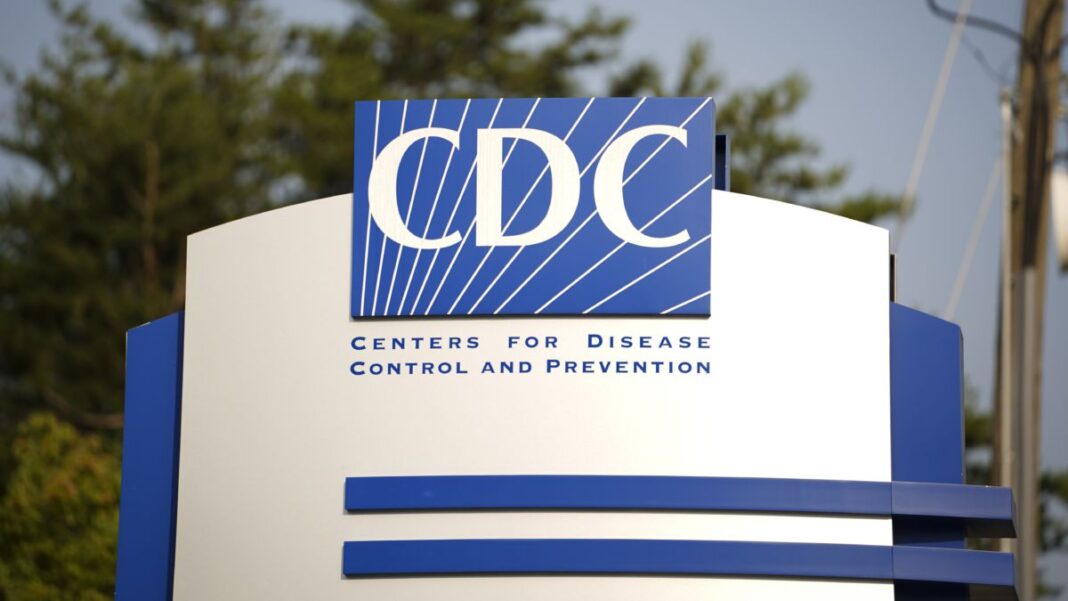In traditional Chinese medicine, eggs are considered the base for many recipes that support healthy organs and boost immunity.
Eggs are among the most common foods in many people’s daily lives. Through the dietary wisdom of traditional Chinese medicine (TCM), eggs combined with different ingredients can regulate the five internal organs—liver, heart, spleen, lungs, and kidneys—and play a role in health preservation and disease prevention.
Dr. Wu Hongqian, director of Yisheng Traditional Chinese Medicine Clinic in Taiwan and author of the book “Egg Therapy: The Secret of TCM on the Five Internal Organs and Symptomatic Egg Diet Health Tips.” The impetus for the book, he said, was that some anemia patients in his clinic were not getting better after taking medicine, especially some vegetarians. For those who were ovo-egg vegetarians, he recommended eating a large number of eggs as part of their therapy to achieve a quicker reverse from anemia symptoms.
Wu said eggs are also his favorites, and he eats two to three boiled eggs every morning. “Whenever I eat eggs, I feel good as I think that they offer many benefits for my body.”
The Many Benefits of Eggs
Studies have found that eggs are rich in all essential amino acids and are an important source of vitamins A and B and minerals such as iron, zinc, and calcium. Researchers believe eggs contain many untapped bioactive compounds that may significantly prevent and treat diseases.
Wu pointed out that eggs also provide the following less familiar health benefits:
Lutein
The lutein in eggs is easily absorbed and protects our eyes.
Studies have found that although the amount of lutein in eggs is not as high as that in green leafy vegetables, it is more easily absorbed by the human body. Lutein is a vital component of the retinal macula and can protect against blue light and prevent age-related macular degeneration. Wu said that when he was young, he often ate wolfberries for eye protection. However, after eating more eggs but no wolfberries recently, he has not experienced presbyopia.
Rich in Selenium and Antioxidants
Eggs are rich in the trace element selenium. According to United States Department of Agriculture data, one egg contains approximately 15.6 micrograms of selenium, and eating four eggs a day exceeds the recommended intake of 55 micrograms. Selenium is a key component of antioxidant enzymes that help scavenge free radicals and reduce oxidative stress.
Nitric Oxide Synthesis and Cardiovascular System Protection
Amino acids such as arginine, found in eggs, can be converted into nitric oxide, an important neurotransmitter that helps dilate blood vessels, improve circulation, lower blood pressure, and may reduce the risk of cardiovascular disease.
Do Eggs Enhance Cholesterol?
Due to the high cholesterol content in egg yolks, some people worry that eating eggs will cause a burden on the cardiovascular system. However, studies have found that the body does not easily absorb the cholesterol in eggs. There is no difference in blood cholesterol between eating eggs and eating vegetables.
Nick Norwitz, a medical student at Harvard, ate 720 eggs in a month, averaging 24 eggs a day, and his cholesterol not only did not rise but fell by 18 percent.
By Connie Lai and JoJo Novaes







